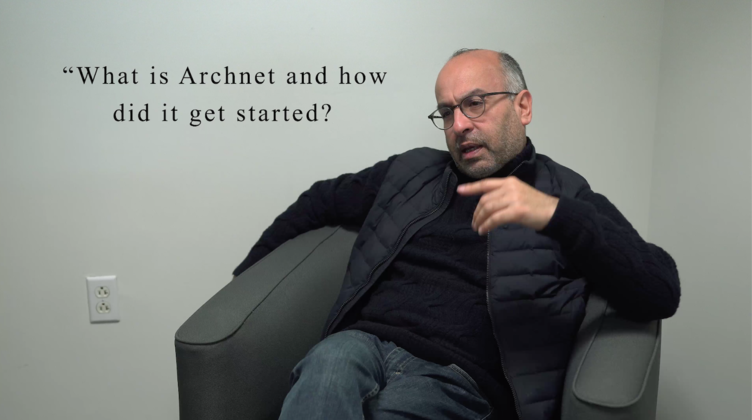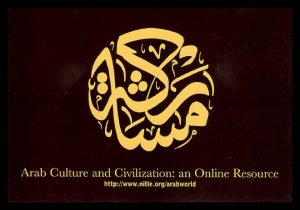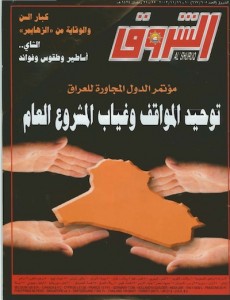In this interview, Shiraz Allibhai, Archnet Director, discusses the origins and development of Archnet.org. Allibhai has been involved with Archnet from the beginning in 1998. He was serving as Education Director for the Aga Khan Trust for Culture when William J. Mitchell, then Dean of MIT’s School of Architecture and Planning, suggested developing the resource when His Highness the Aga Khan expressed the need to make the work done by the Aga Khan Program for Islamic Architecture more readily available within Muslim societies.
When Archnet launched a few years later, it was a pioneering effort in several areas, incorporating both a digital library and a social network for scholars, students, and practitioners in the field.
Continue reading




